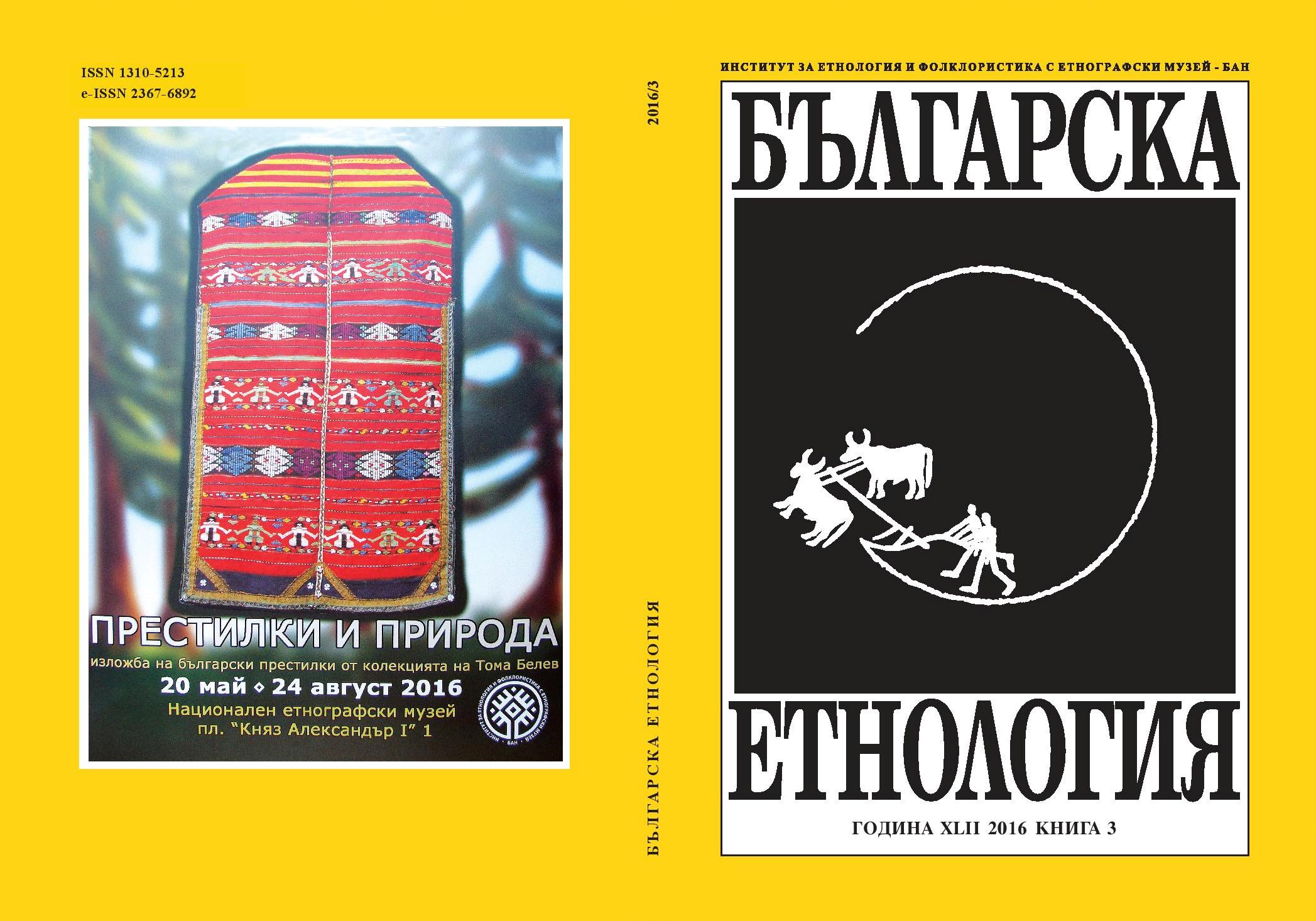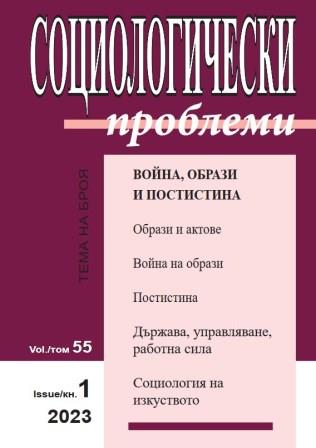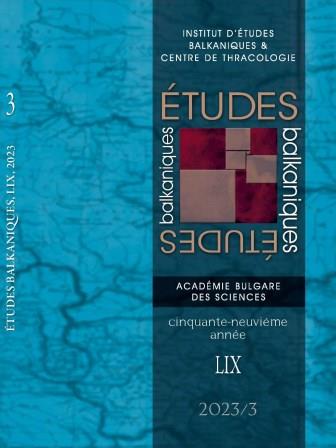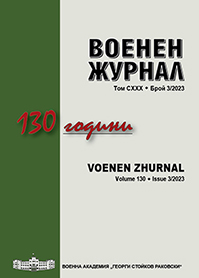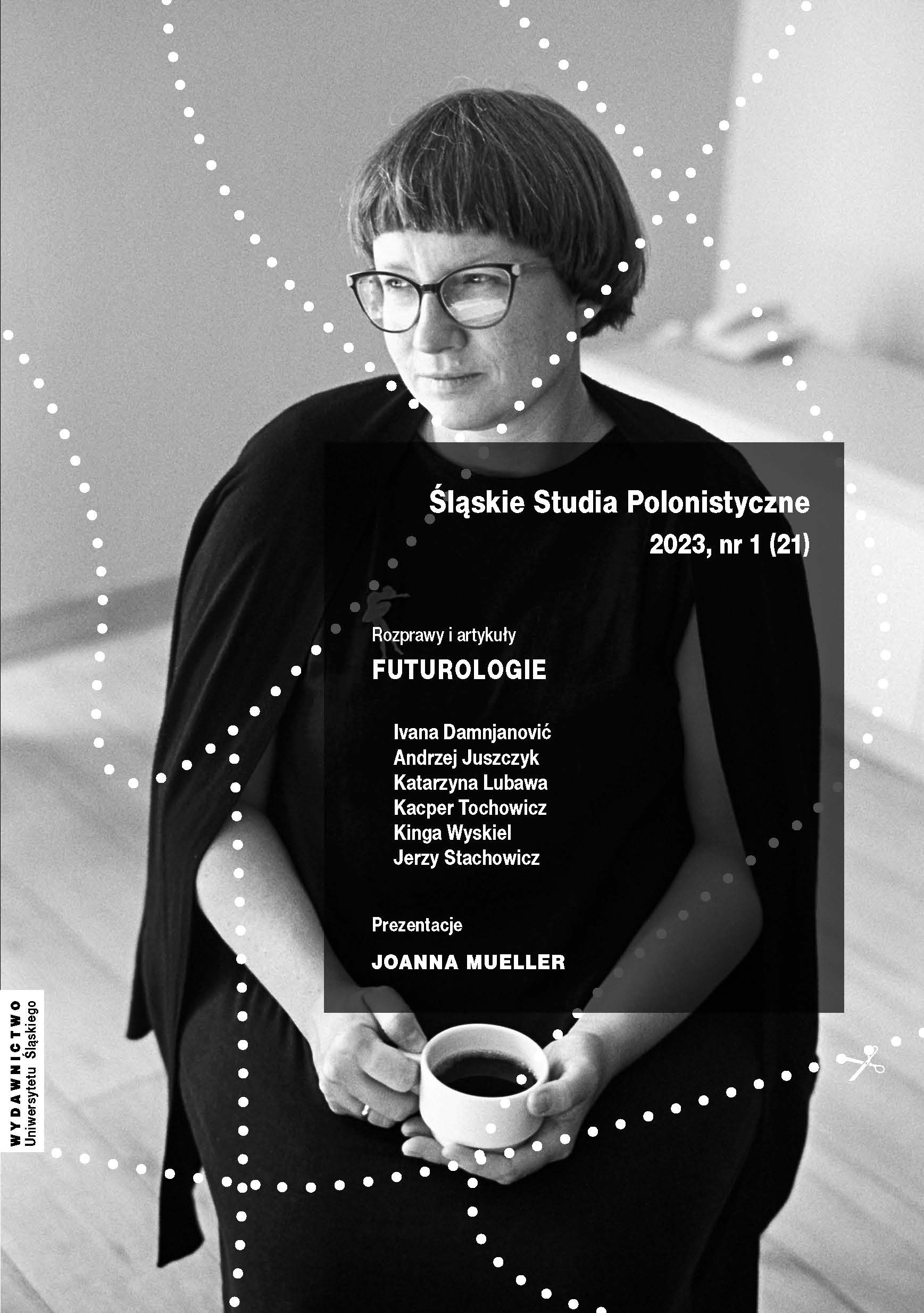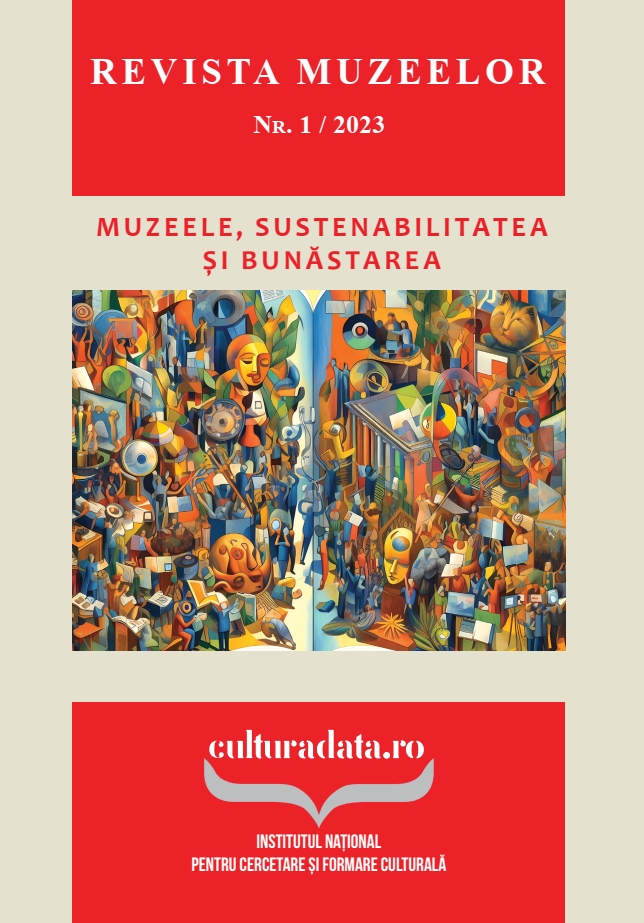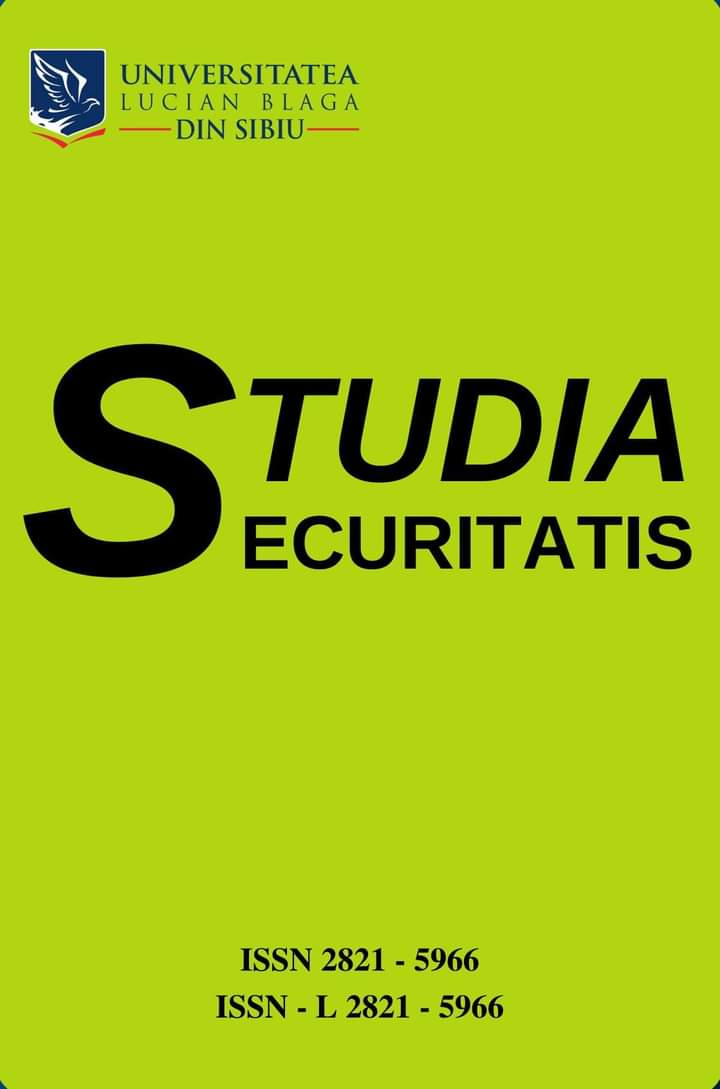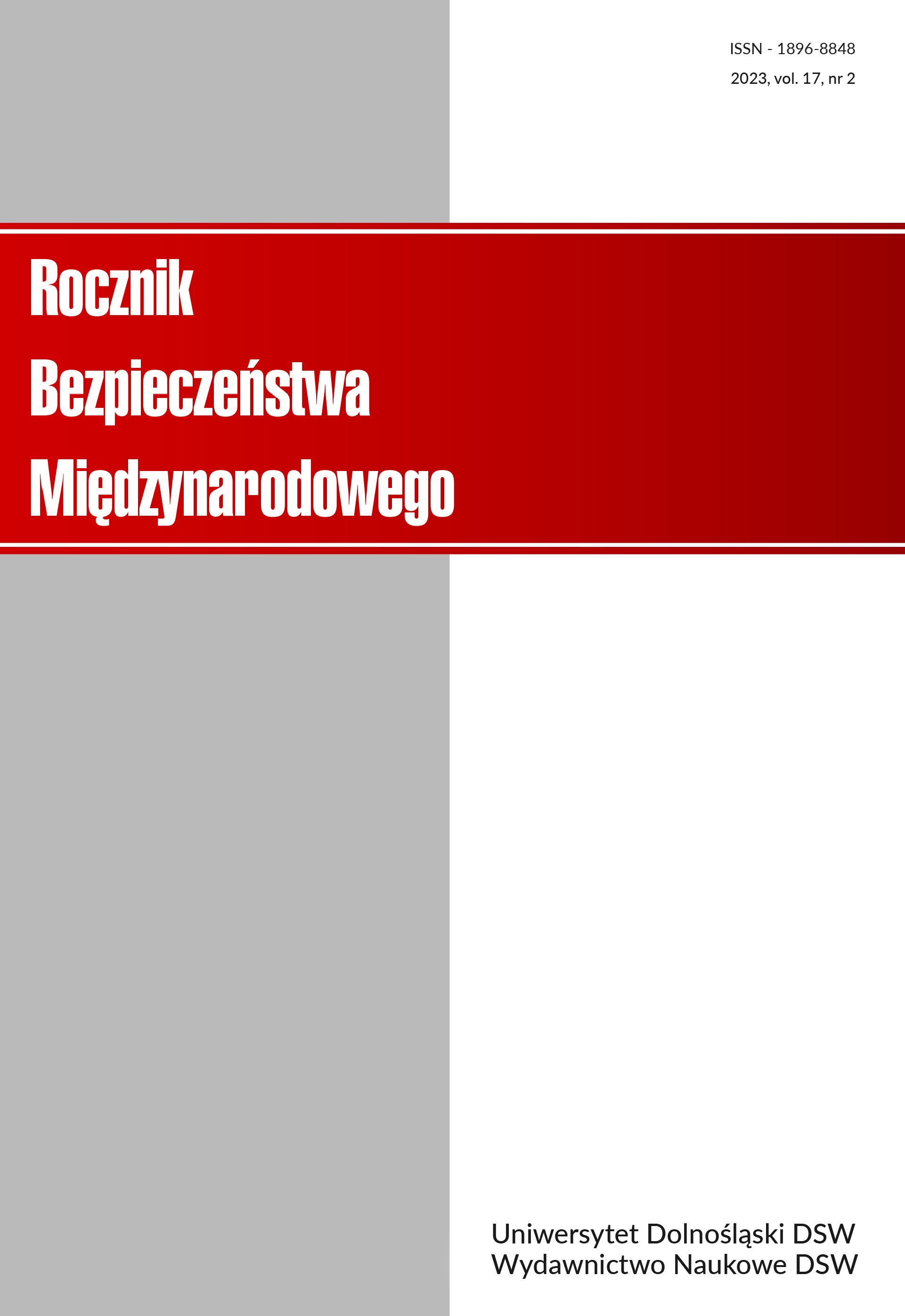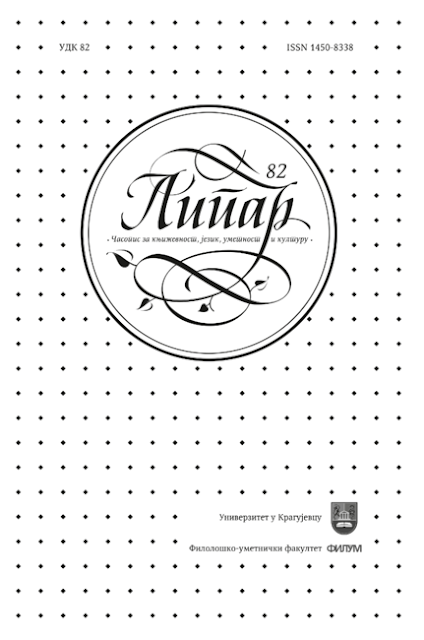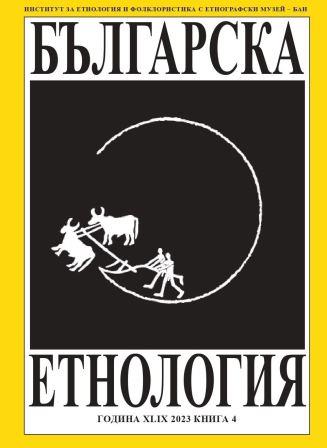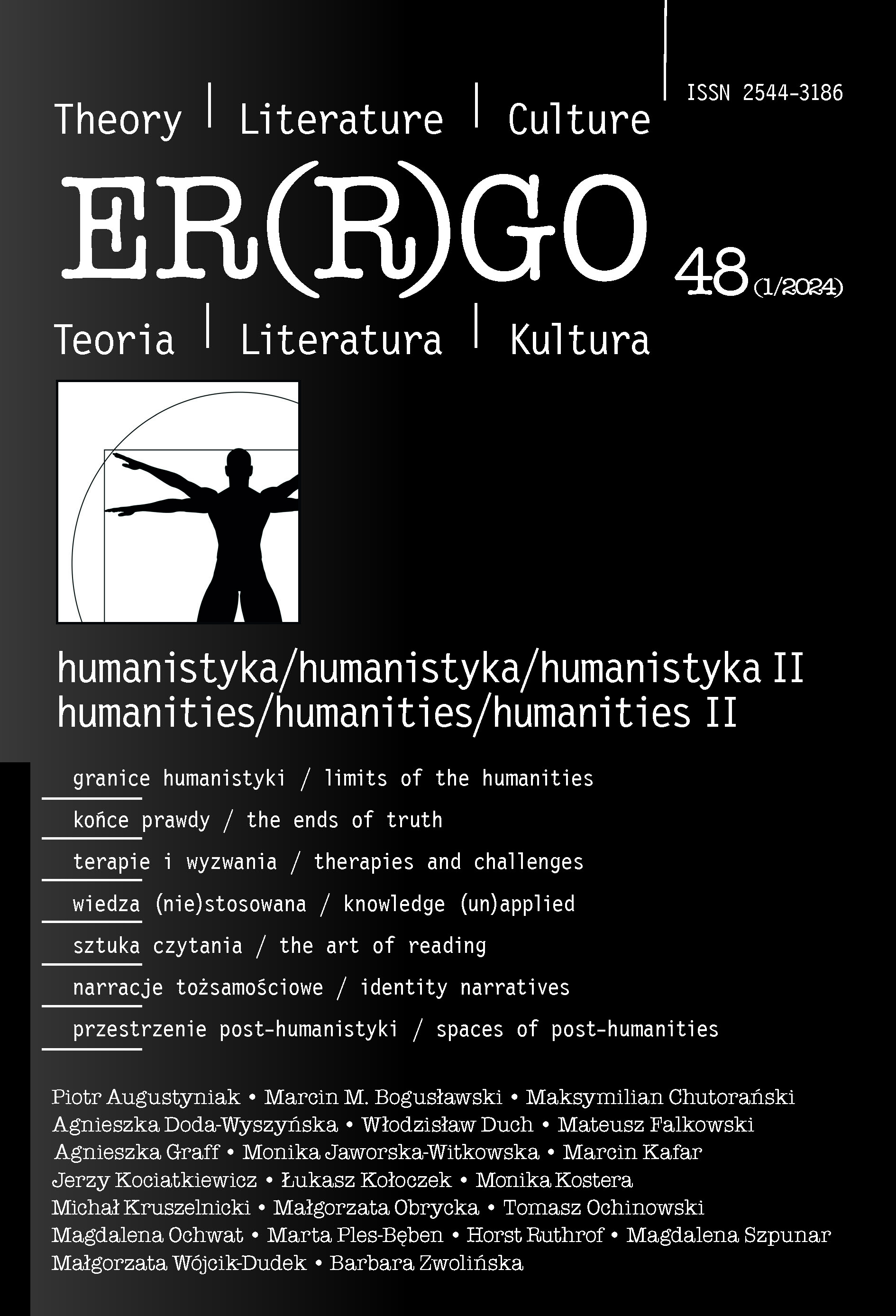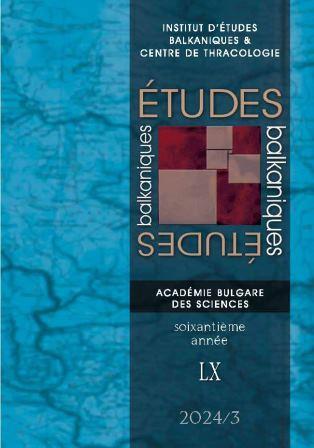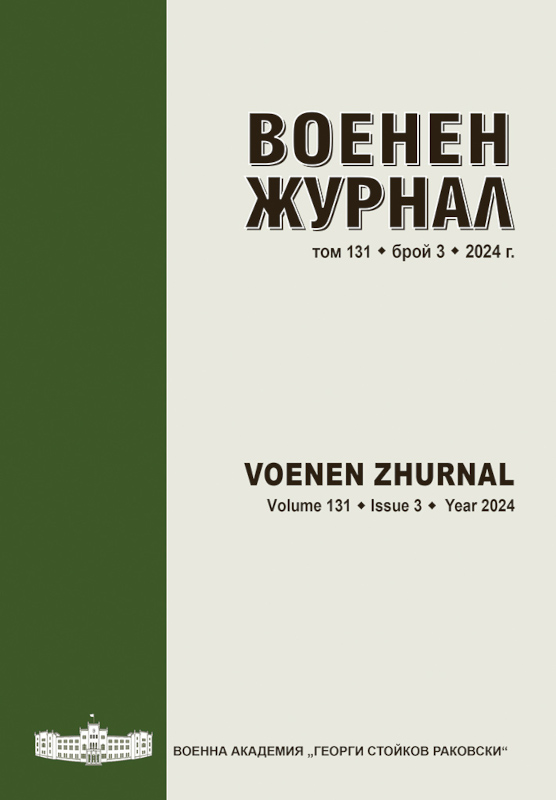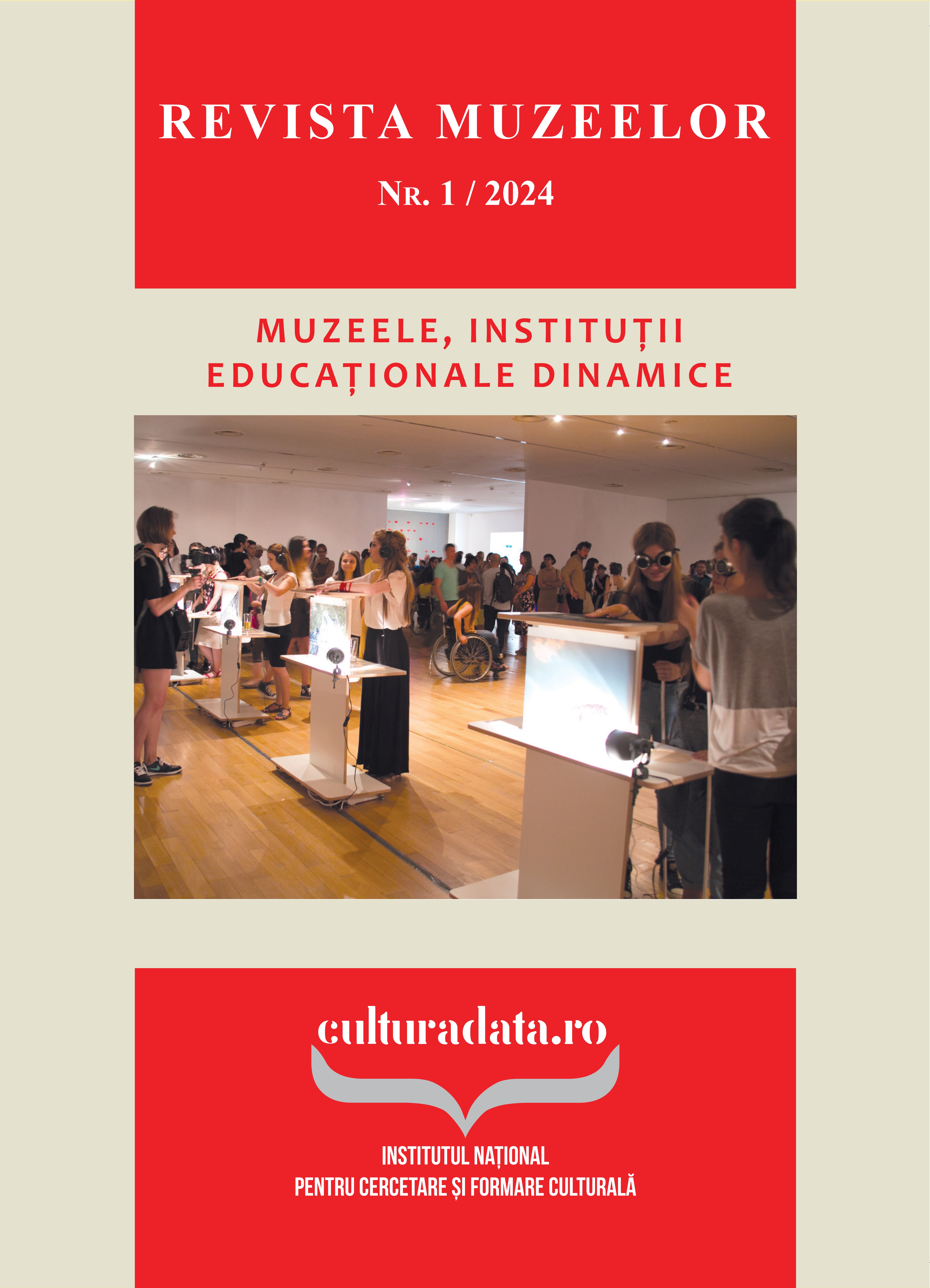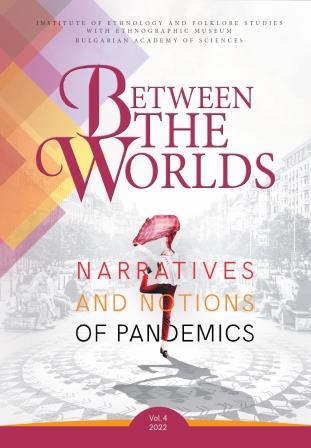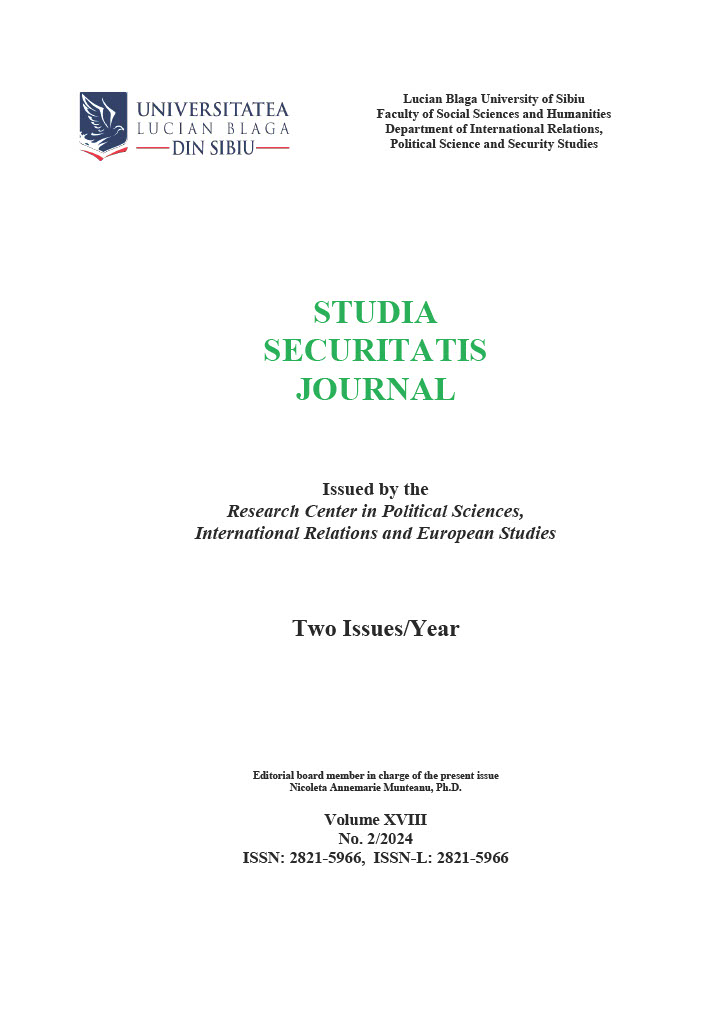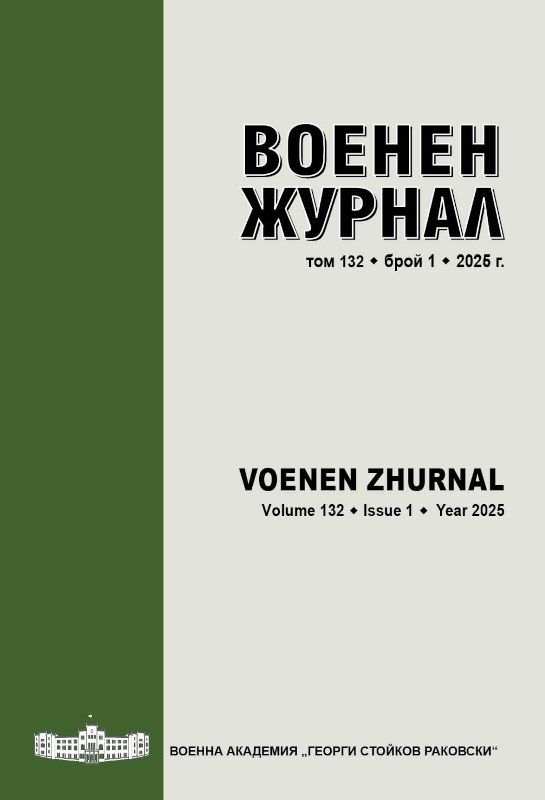Author(s): Bogusław Gogol / Language(s): Polish
Issue: 2/2023
The importance given to Poland's relationship with the sea is significant for the Polish Navy, while for the state’s security and its economy, it is indisputable. The article aims to show how the idea of maritime education, here in the sense of aspiring to be associated in one's future professional life with work at sea, service in the Polish Navy, or, finally, with a passion such as sailing, is promoted and popularised among Polish society. The text attempts to answer the question of which of the themes presented in the public discussion in the "traditional" way (analogue media sources), as well as on the Internet, are of particular importance in this case. The paper reviews a variety of sources and attempts to identify the range and examples of literature, journalism, selected portals and websites, museums, etc., enabling a preliminary assessment of the scale and, to some extent, the methods of the social impact of the importance of defence education and maritime training. This is particularly important in the context of the new Homeland Defence Act of March 11, 2022. The topics related to defence, military and maritime training, maritime education and the relationship between Poland and the sea are present in the public space and are often discussed. This demonstrates not only its popularity but also its importance. Concern for the prospects of this subject is particularly important given the popularity among young people of professions related to the sea, including the uneasy service in the Navy. If the most modest prognoses of the prospects for the development of the Polish Navy remain, for the most part, only "on paper," the interest in tying one's life's destiny to the sea and the Navy will diminish among the young generation.
More...
